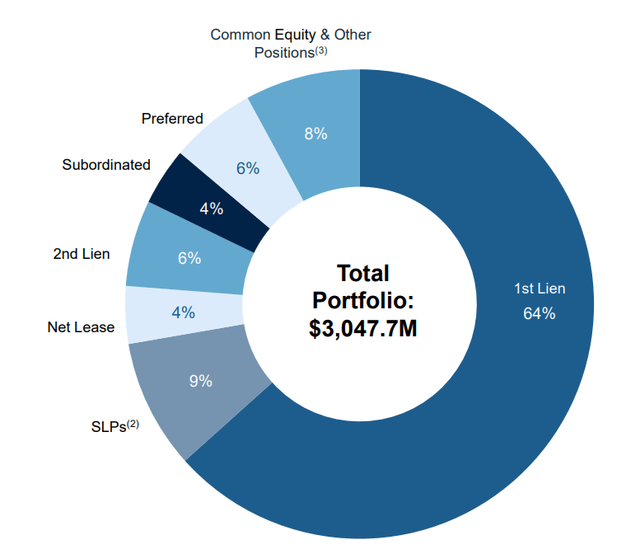Human Touch Meets Tech: The Future of Financial Advice is Hybrid

The financial advisory landscape is undergoing a dramatic shift. No longer is expert guidance solely the domain of the wealthy. Thanks to the rise of AI-powered financial advisors, personalized financial advice is becoming increasingly accessible and affordable for everyone. But does this mean the traditional financial advisor is becoming obsolete? Absolutely not. The future lies in a hybrid approach – blending the power of digital automation with the invaluable human touch.
The Rise of Robo-Advisors: Democratizing Financial Planning
Robo-advisors, fueled by sophisticated algorithms and machine learning, have revolutionized the industry. They offer a compelling value proposition: low fees, 24/7 availability, and a data-driven approach to investment management. These platforms analyze your financial situation, risk tolerance, and goals to create a tailored investment portfolio. For those just starting out, or with relatively simple financial needs, robo-advisors provide an excellent entry point to investing and planning. They remove the barriers of high minimums and complex jargon, empowering individuals to take control of their financial futures.
The Human Element: Why You Still Need a Financial Advisor
However, technology alone cannot replace the nuanced understanding and emotional intelligence of a human financial advisor. Life is rarely straightforward, and financial decisions are often intertwined with complex personal circumstances. A robo-advisor might be able to optimize your portfolio based on market data, but it can't offer empathy when facing a job loss, navigate estate planning complexities, or provide the reassurance needed during market volatility.
Furthermore, behavioral finance highlights the crucial role of human guidance in overcoming emotional biases that can derail investment strategies. A skilled financial advisor can act as a sounding board, helping you stay disciplined and avoid impulsive decisions driven by fear or greed.
The Hybrid Model: The Best of Both Worlds
The most promising future for financial advice lies in the hybrid model – a seamless integration of digital tools and human expertise. Here's how it works:
- Digital Foundation: Robo-advisory platforms handle the routine tasks – portfolio construction, rebalancing, tax-loss harvesting – efficiently and cost-effectively.
- Human Oversight: Financial advisors provide personalized guidance, address complex financial situations, offer emotional support, and help clients stay on track with their long-term goals.
- Enhanced Client Experience: Clients benefit from the convenience and affordability of digital tools, coupled with the personalized attention and expertise of a human advisor.
Many firms are already embracing this hybrid approach, offering clients a combination of online platforms and access to financial advisors for consultations and strategic planning. This model allows advisors to focus on their core strengths – building relationships, providing sophisticated advice, and acting as trusted partners to their clients.
Looking Ahead: The Evolution of Financial Advice
As AI technology continues to evolve, we can expect even more sophisticated robo-advisory tools to emerge. However, the demand for human financial advisors is unlikely to disappear. Instead, the role of the advisor will evolve, shifting from primarily managing investments to providing more holistic financial planning and coaching services. The key to success in the future will be adaptability and a willingness to embrace technology as a tool to enhance, rather than replace, the human element in financial advice. The future isn't about robots *versus* humans; it's about robots *and* humans working together to empower individuals to achieve their financial goals.




:max_bytes(150000):strip_icc()/GettyImages-2198966629-77b5074dcb594dafbac96b16cc878a78.jpg)

